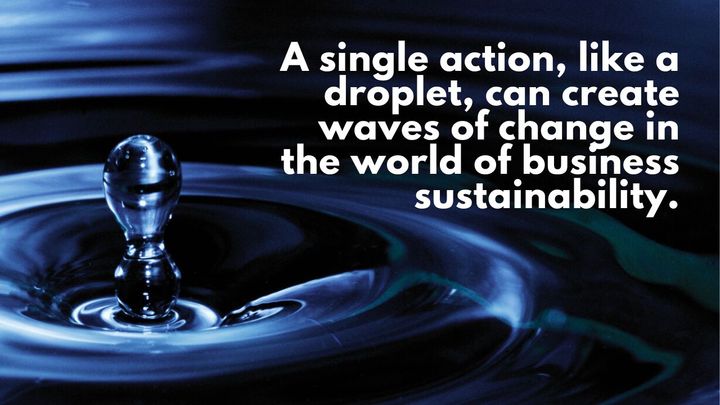Life Cycle Assessment (LCA): A Comprehensive Approach to Sustainable Product Development
Unpack the Life Cycle Assessment (LCA): a holistic method for sustainable product development. Discover how LCA evaluates environmental impacts at every product stage. 🌱🔄

In the quest for sustainability, businesses and policymakers are increasingly turning to Life Cycle Assessment (LCA) as a tool to understand the environmental impacts of products, processes, and services. LCA offers a holistic view, analyzing the environmental footprint from raw material extraction to end-of-life disposal. This article delves into the intricacies of LCA, its methodology, applications, benefits, and challenges.
Life Cycle Assessment goes beyond superficial green claims. It provides a systematic, scientific approach to evaluating the environmental performance of a product throughout its entire life cycle.
Key Components of LCA
- Goal Definition and Scoping: Clearly define the purpose of the LCA and identify the product or process boundaries.
- Inventory Analysis: Collect data on all inputs (like raw materials and energy) and outputs (emissions and waste) associated with the product or process.
- Impact Assessment: Evaluate the potential environmental impacts using the data collected. This can include factors like greenhouse gas emissions, water usage, and toxicity.
- Interpretation: Analyze results to make informed decisions, identify areas for improvement, and communicate findings.
Applications of LCA
- Product Development: Helps in designing products with a lower environmental footprint.
- Policy Making: Informs policymakers about the environmental implications of different policy options.
- Marketing: Allows companies to make substantiated environmental claims about their products.
- Supply Chain Management: Identifies areas within the supply chain with the highest environmental impact, guiding sustainable procurement decisions.
Benefits of Conducting an LCA
- Informed Decision Making: Provides businesses with data to make environmentally sound choices.
- Risk Management: Helps in anticipating future regulations and avoiding potential liabilities.
- Cost Savings: Identifies inefficiencies in the production process, leading to potential cost reductions.
- Enhanced Brand Image: Demonstrates a company's commitment to sustainability, building trust with consumers.
Challenges and Limitations
- Data Intensity: Conducting an LCA requires detailed data, which can be time-consuming and expensive to collect.
- Variability: Different practitioners might use different methodologies, leading to varying results.
- Complexity: Interpreting LCA results can be challenging due to the multifaceted nature of environmental impacts.
Conclusion: A Tool for the Future
Life Cycle Assessment is more than just an analytical tool; it's a mindset shift towards holistic sustainability. By understanding the full environmental implications of products and services, businesses can drive innovation, reduce risks, and pave the way for a more sustainable future.




Comments ()